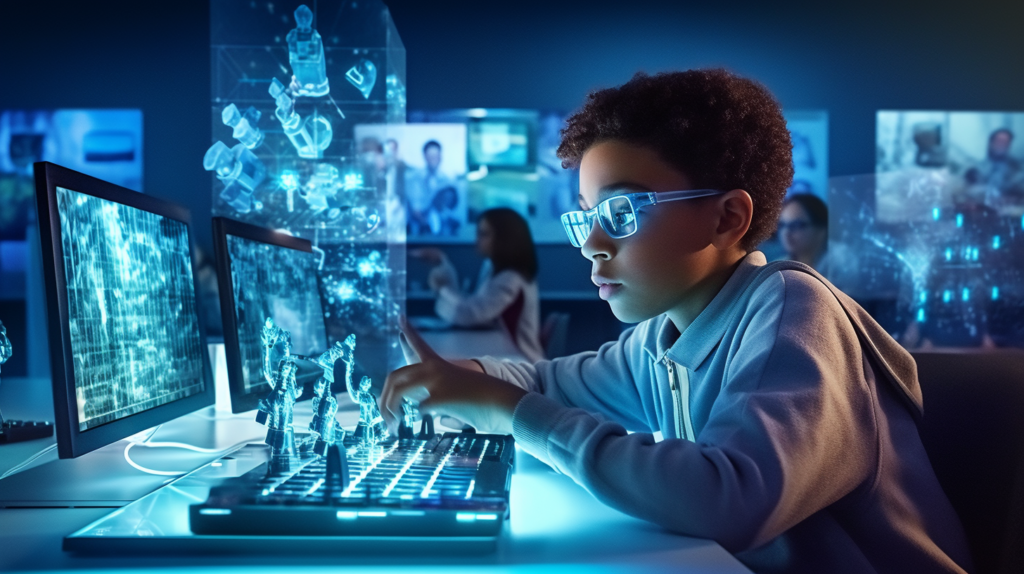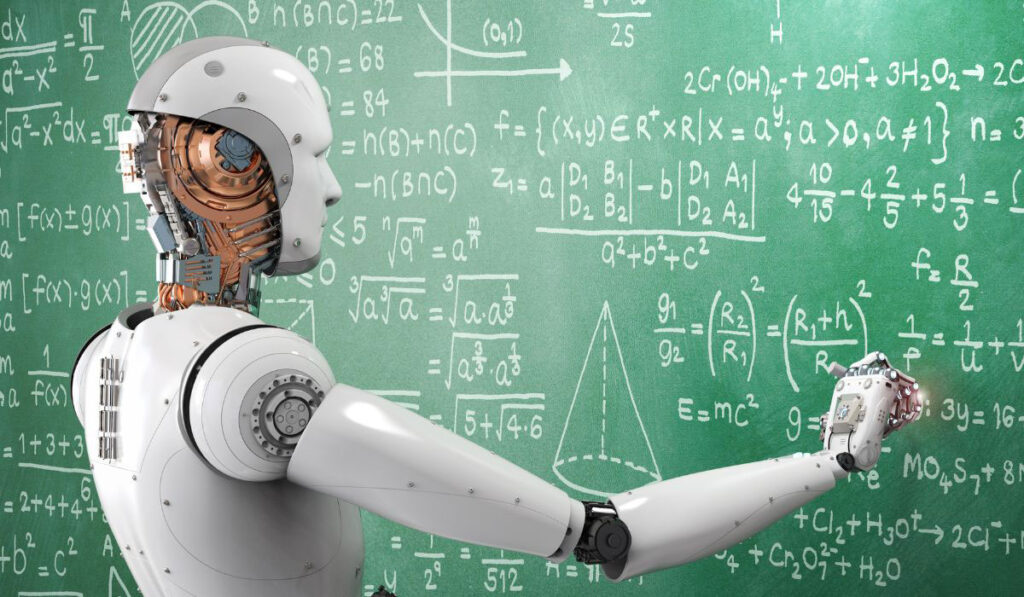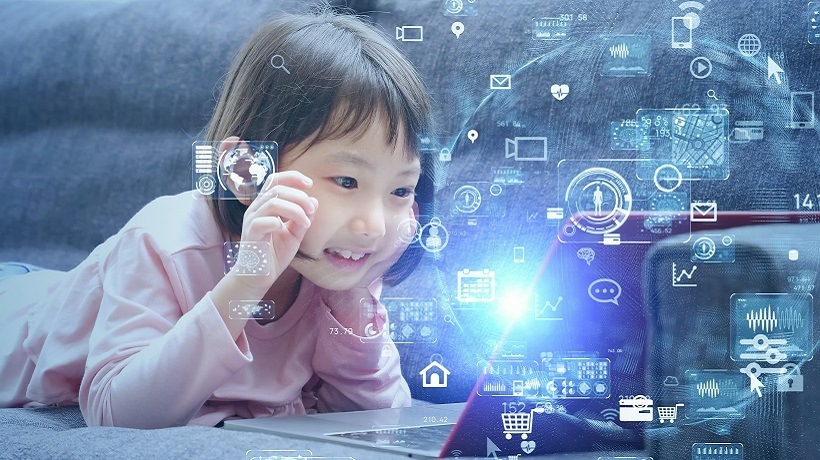In recent years, artificial intelligence (AI) has emerged as a powerful tool with the potential to revolutionize various industries, including education. With its ability to analyze vast amounts of data, recognize patterns, and make predictions, AI has the capacity to personalize learning experiences, optimize educational resources, and improve student outcomes. In this article, we will explore the ways in which artificial intelligence is transforming the learning process and shaping the future of education.
Personalized Learning
One of the most significant benefits of artificial intelligence in education is its ability to personalize learning experiences for individual students. AI algorithms can analyze each student’s learning style, preferences, and proficiency levels to tailor educational content and activities to their specific needs. Whether it’s adaptive learning platforms that adjust the difficulty of questions in real-time or intelligent tutoring systems that provide personalized feedback and guidance, AI-powered tools are revolutionizing the way students learn and progress at their own pace.
Data-Driven Insights

Another key aspect of AI in education is its capacity to generate actionable insights from data. By collecting and analyzing data on student performance, engagement, and behavior, AI algorithms can identify patterns, trends, and areas for improvement. Educators can use these insights to make informed decisions about curriculum design, instructional strategies, and intervention measures. Additionally, AI-powered analytics platforms can help schools and educational institutions track progress towards learning goals, identify at-risk students, and allocate resources more effectively.
Intelligent Content Creation
Artificial intelligence is also transforming the way educational content is created, curated, and delivered. AI-powered tools can generate interactive learning materials, such as quizzes, simulations, and virtual experiments, that engage students and enhance their understanding of complex concepts. Moreover, AI algorithms can analyze vast repositories of educational resources to recommend relevant content based on students’ interests, learning objectives, and proficiency levels. By leveraging AI-driven content creation and recommendation systems, educators can enrich the learning experience and cater to diverse learning styles and preferences.
Automated Assessment and Feedback
Traditionally, assessing students’ knowledge and providing feedback has been a time-consuming and labor-intensive process for educators. However, artificial intelligence is automating and streamlining these tasks, saving teachers time and effort. AI-powered assessment tools can grade assignments, quizzes, and exams with high accuracy, providing instant feedback to students and freeing up educators to focus on more meaningful interactions, such as mentoring and coaching. Furthermore, AI algorithms can analyze students’ responses to identify misconceptions, gaps in understanding, and areas requiring further reinforcement, enabling targeted intervention and support.
Enhanced Collaboration and Communication

Collaboration and communication are essential components of the learning process, and artificial intelligence is facilitating new ways for students and educators to interact and collaborate. AI-powered chatbots and virtual assistants can provide instant support and guidance to students, answering questions, providing explanations, and offering resources round the clock. Moreover, AI-driven collaboration platforms enable students to collaborate on projects, share ideas, and receive feedback from peers in real-time, regardless of their location or timezone. By fostering collaboration and communication, AI is breaking down barriers to learning and creating inclusive educational environments.
In conclusion, artificial intelligence is revolutionizing education by personalizing learning experiences, generating actionable insights from data, facilitating intelligent content creation, automating assessment and feedback, and enhancing collaboration and communication. As AI technologies continue to evolve and mature, the possibilities for innovation in education are limitless. By harnessing the power of AI, educators can create more engaging, effective, and equitable learning experiences that empower students to reach their full potential in the digital age.

